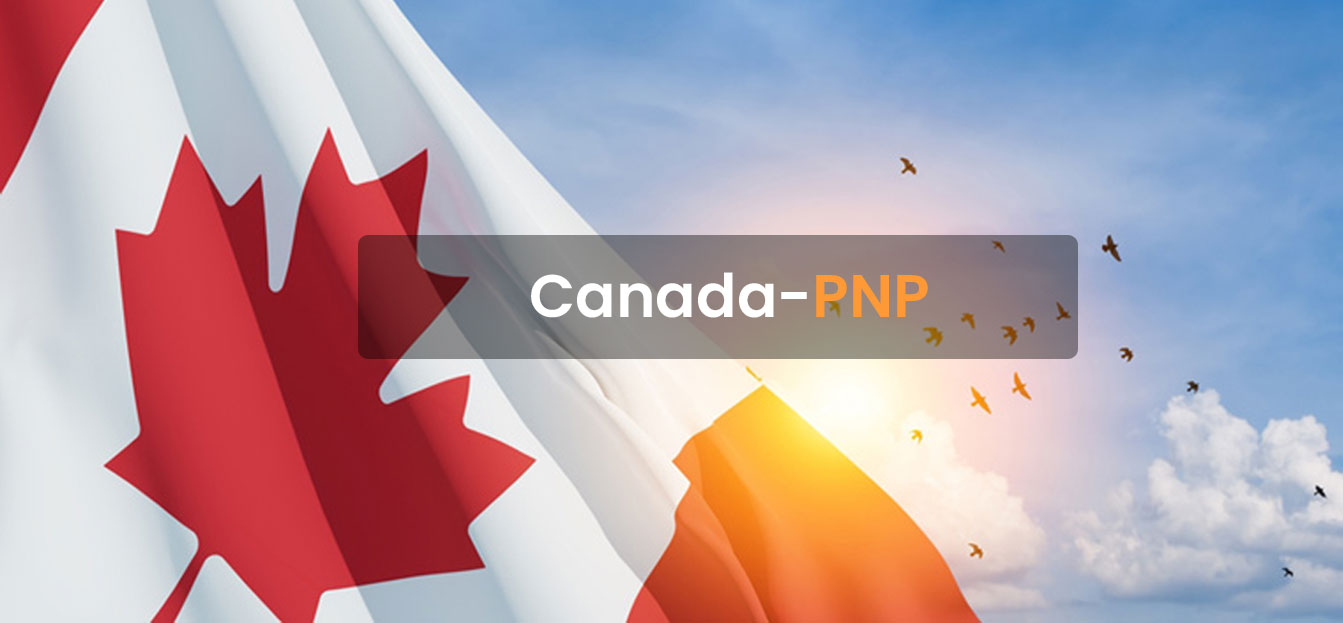
The Canada Provincial Nominee Program (PNP) offers an important pathway for immigration to Canada, allowing individuals to immigrate to and settle in specific Canadian provinces. Each province in Canada collaborates with the federal government or IRCC (Immigration, Citizenship, and Refugee Canada) to select permanent residents who can contribute to the province’s labor market and economy.
PNP programs provide applicants with the flexibility to select a specific province in Canada where they wish to settle. This choice can be based on personal preferences, connections, or job opportunities.
Unlike some federal immigration programs, several provincial programs do not require applicants to have a job offer from a Canadian employer. This can be especially beneficial for those looking to secure Canadian permanent residency.
One of the significant advantages of obtaining a provincial nomination through the Express Entry stream of a PNP is the additional 600 Comprehensive Ranking System (CRS) points it offers. These extra points can significantly boost an applicant’s CRS score, making them eligible to receive an Invitation to Apply (ITA) for Canadian permanent residency.
Some PNPs, such as the Saskatchewan Immigrant Nominee Program (SINP), allocate points for an applicant’s area of training. This can provide additional benefits for individuals with specific skill sets.
Certain PNP streams may have lower language proficiency requirements compared to federal Express Entry programs. For example, the Occupation in Demand (OID) stream of SINP may require a minimum Canadian Language Benchmark (CLB) 4 level of language proficiency, while Express Entry typically demands at least CLB 7 level of language proficiency.
It’s important to note that the specific benefits and requirements of each PNP program can vary between provinces. Additionally, PNP programs may change over time, so it’s crucial for applicants to stay informed about the latest updates and specific criteria for the provincial program they are interested in. Applying to a PNP can be an excellent way to enhance your prospects for Canadian permanent residency based on your unique qualifications and circumstances.
Provincial Nominee Program (PNP) for obtaining Canadian permanent residency can vary depending on individual circumstances, qualifications, and preferences. Different PNPs have distinct eligibility criteria, requirements, and priorities. The choice of which PNP to pursue largely depends on an applicant’s specific profile and goals. Here are a few popular PNPs known for being accessible to candidates with lower CRS scores and other unique advantages:
This stream under the Alberta PNP can be attractive for candidates with CRS scores as low as 300 points. It provides an opportunity for applicants to receive a provincial nomination from Alberta and subsequently apply for Canadian permanent residency.
OINP’s HCP stream is highly popular among applicants. It often invites candidates with relatively lower CRS scores compared to the federal Express Entry system. This makes it an attractive choice for those who may not have a high CRS score but meet the other criteria.
SINP’s OID sub-category may require lower IELTS band scores, making it accessible to candidates with slightly lower language proficiency. The Express Entry sub-category of SINP also invites applicants with lower CRS points.
The Skilled Worker Overseas stream of MPNP nominates candidates who have a connection to Manitoba. While it may not have a specific focus on low CRS scores, it’s an option for those with connections or interest in the province.
Ultimately, the “best” PNP will depend on your individual qualifications, language proficiency, work experience, and other factors. It’s essential to review the specific eligibility criteria and requirements of each PNP program and assess how well they align with your profile and objectives. You may also want to consider which Canadian province you prefer to settle in, as this can influence your choice of PNP. Consulting with an immigration professional or lawyer can also help you make an informed decision based on your unique circumstances.